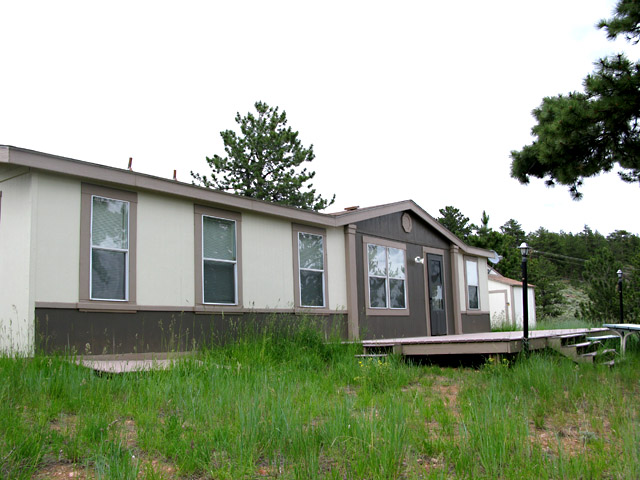When we finally narrowed our search and started seriously looking for our ideal summer home in the Rocky Mountains, we were fortunate to find a great realtor in Fort Collins, CO. We hadn’t purchased a home in nearly ten years, and that was in a different state. Things like HOA fees were Greek to us, and Ranch meant something completely different than what we were looking for!
Before you start looking for a home, you want to be well versed in house hunting terminology. While your realtor will be there to guide you through the process, you may want to be aware of exactly what is being said before letting agents in London ? or anywhere else ? start to tell you what you should and shouldn?t do.
While these terms do not encompass all the information you?ll need to know before getting into a partnership with a realtor, these definitions are good to know.
Financial Terms
 If you?re not a finance professional, many of these financial terms may be confusing and difficult to computer. Going into a meeting with your realtor knowing the right terminology will help you sort your thoughts, appear confident and successfully iterate what it is that you want.
If you?re not a finance professional, many of these financial terms may be confusing and difficult to computer. Going into a meeting with your realtor knowing the right terminology will help you sort your thoughts, appear confident and successfully iterate what it is that you want.
- Closing costs: When you receive the title to the property, you ?close? the sale. At that point, you will need to pay a variety of costs including inspection fees, title service costs, and appraisal fees.
- Realtor fees: These costs include commission, various closing costs, and standard fees. This is often paid by the seller, and laid out as so in the contract. Be sure to have your realtor go over this in detail before starting.
- Home equity: This is the difference between what the house is worth and what you owe on it. In order to stay out of the red in the case of a housing market crash, banks encourage buyers to put a 20% down payment on the house; this increases your equity.
- Closed-End Mortgage: A closed-end mortgage can give you a lower interest rate, however it?s much more difficult to renegotiate or refinanced.
Types of Homes
While there are many varieties of homes, there are a hanful that are well-known and highly sought after. If you can?t decide where you want to live, perhaps you can let the house choose for you.
- Ranch: European ranch style, this type of home has an open floor plan and is usually built with stucco, brick or stone, giving it an old style feel.
- Victorian: This style originated in the late 19th century and is characterized by their asymmetrical porch and steeple roof.
- Georgian: A Georgian home is often square in shape and can be recognized by the flattened columns that border the front door frame.
Housing Market Speak
The housing market: it?s up, it?s down, and it can be very confusing to those not well versed in housing lingo. However, InvestorWords.com sums it up as, ?General?market?of?houses?being purchased and sold between?buyers?and?sellers?either?directly?by owners or indirectly through?brokers.? So, what do you need to know?
- Homeowners Association: Living in a neighborhood, you?ll often have contact with a home owners association (HOA). Formed by that neighborhood?s real estate developer, the HOA can enforce regulations; manage the homes and surrounding area.
- Federal Housing Administration: Otherwise known as the FHA, this sector of the government provides mortgage insurance to buyers who take out loans through lenders approved by the FHA.
Knowing the right terminology can make all the difference in your comfort level going into your house hunt. Be sure to brush up on any unclear terminology so you can be confident when talking with other housing professionals.

I love that you touched on the fees that you will need to pay to agents and lawyers during the buying process. My spouse and I are going to buy a new home soon so that we can raise our kids in a bigger space. We need to start looking in the neighborhoods we like so that we can find our dream home.